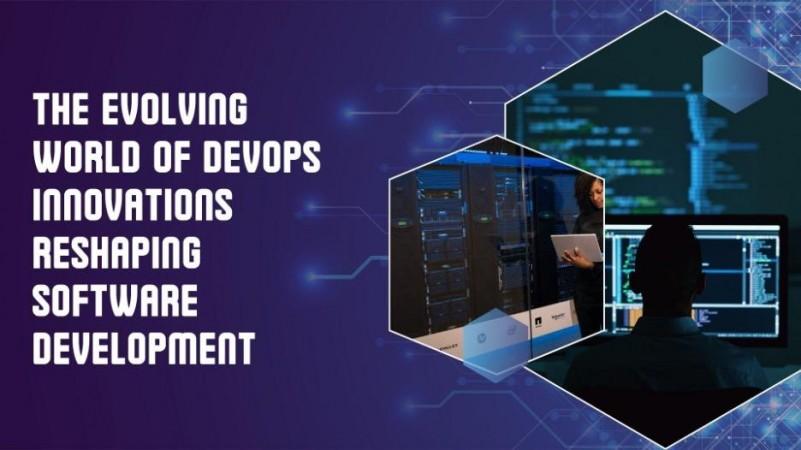
In this modern era, DevOps has transformed from a niche methodology into an essential discipline, redefining how software is built, deployed, and maintained. Its impact is evident across industries, driving efficiency and innovation in software development. Vijaya Sekhar Godavarti, an expert in this field, explores the evolution of DevOps, highlighting the pivotal role of cloud computing, automation, and AI-driven innovations in modern software engineering.
The Evolution of DevOps: A Shift in Software Engineering
The DevOps movement emerged to bridge the gap between development and operations, addressing inefficiencies in traditional software lifecycles. Over the years, it has evolved into a sophisticated ecosystem integrating automation, monitoring, and security-driven development. Organizations embracing DevOps have reported faster deployment times, improved system reliability, and enhanced developer productivity.
Cloud Computing: A Catalyst for DevOps Transformation
The adoption of cloud computing has accelerated DevOps implementation, enabling teams to scale infrastructure dynamically. Cloud-native DevOps practices have allowed for seamless integration of deployment pipelines, reducing manual interventions. Organizations leveraging cloud environments report improved deployment frequency, cost efficiency, and enhanced collaboration across global teams.
Specialization in DevOps Roles: A New Workforce Model
As DevOps matures, specialized roles have emerged to streamline development and operations. The rise of Application DevOps Engineers, Infrastructure DevOps Engineers, and Build-Release Engineers has led to improved focus and efficiency in specific domains. Each role plays a crucial part in automating deployments, managing infrastructure as code, and ensuring smooth software releases.
Continuous Integration and Deployment: The Backbone of Modern DevOps
CI/CD pipelines have become fundamental to high-performing software teams, automating the build, test, and deployment processes. Advanced testing automation ensures that code is validated before production deployment, reducing errors and increasing system stability. Organizations adopting robust CI/CD practices achieve faster time-to-market and reduced operational disruptions.
Infrastructure as Code: Redefining IT Operations
Infrastructure as Code (IaC) has revolutionized IT management, enabling automated provisioning and configuration of resources. The shift from manual infrastructure setup to declarative configurations has resulted in improved system consistency and reduced downtime. IaC adoption continues to grow across industries, providing businesses with scalable and reliable infrastructure solutions.
Intelligent Monitoring and AIOps: Proactive System Management
Advanced monitoring solutions have redefined system observability, allowing teams to detect and resolve issues before they impact users. The integration of artificial intelligence in operations (AIOps) has further enhanced predictive analytics, enabling automated incident resolution. Companies implementing AI-driven monitoring tools report fewer service disruptions and improved user experiences.
DevSecOps: Strengthening Security in the Development Lifecycle
Security has become a primary concern in software development, giving rise to the DevSecOps approach. By embedding security practices early in the development process, organizations reduce vulnerabilities and enhance compliance. Automated security scanning, threat detection, and continuous compliance monitoring are now essential components of modern DevOps strategies.
Emerging Trends: The Future of DevOps
The next phase of DevOps is characterized by increased reliance on AI, automation, and low-code platforms. Organizations are increasingly focusing on self-healing infrastructure to enhance system resilience and reduce downtime. Kubernetes and microservices architecture are becoming standard in deployment strategies, while platform engineering is gaining traction to enhance developer productivity. Additionally, the integration of machine learning in DevOps pipelines is streamlining predictive analytics and system optimization.
In conclusion, the innovations in DevOps are reshaping the software engineering landscape, making development cycles more efficient, secure, and scalable. This transformation is enabling organizations to build more resilient and adaptive systems, ensuring long-term technological success. As organizations continue to embrace automation, AI, and cloud-native practices, the role of DevOps will become even more integral to technological advancements. Vijaya Sekhar Godavarti's insights into this evolution highlight the growing impact of DevOps in shaping the future of software development.















